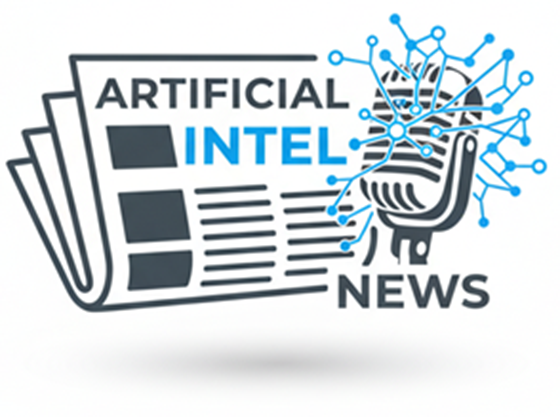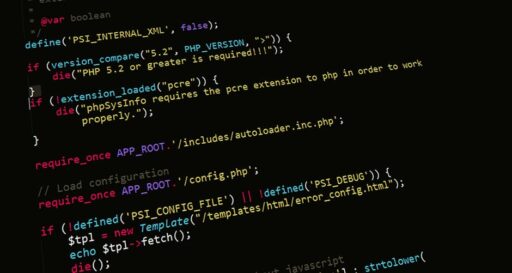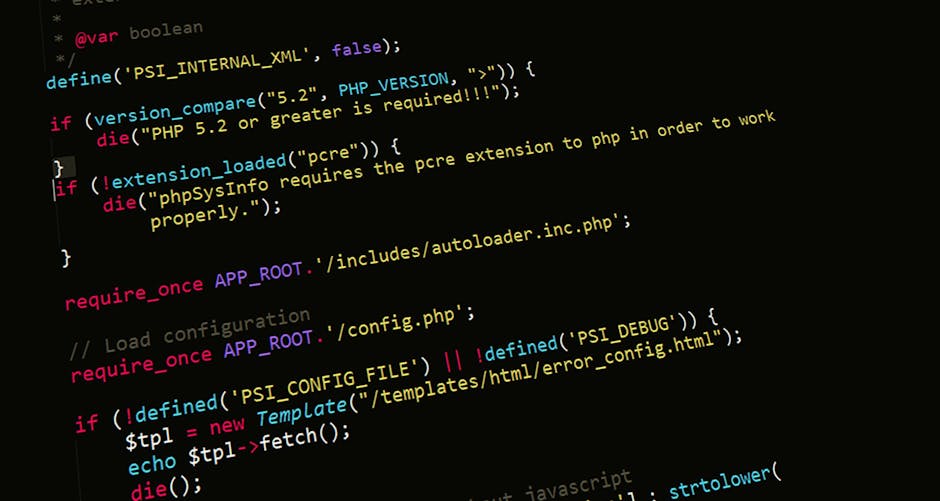The Impact of Government Policies on AI Development
The landscape of artificial intelligence is continuously evolving, and recent government policies are playing a significant role in shaping its trajectory. This article delves into the influence of these policies, particularly those designed to streamline AI development and data center construction, while examining the broader implications for environmental regulations and safety protocols.
Government initiatives are increasingly tailored to support rapid growth in the AI sector. By easing restrictions on data center construction, these policies aim to expedite the establishment of critical infrastructure that supports AI advancements. However, this raises concerns among environmental advocates who argue that such measures could undermine crucial environmental protections.
Additionally, the decentralization of AI oversight from state governments to federal entities is a move intended to create a more cohesive framework for technology development. Yet, this shift has sparked debates about the balance between innovation and safety, as well as the ethical considerations surrounding AI deployment.
Tech companies are navigating these changes with mixed responses. While some embrace the reduced regulatory hurdles as opportunities for innovation and growth, others worry about the potential for ethical lapses and the development of biased AI systems.
In conclusion, the intersection of government policy and AI development presents both challenges and opportunities. As the industry continues to adapt, ongoing dialogue between policymakers, tech leaders, and the public will be essential in ensuring that AI progresses in a manner that is both innovative and responsible.






